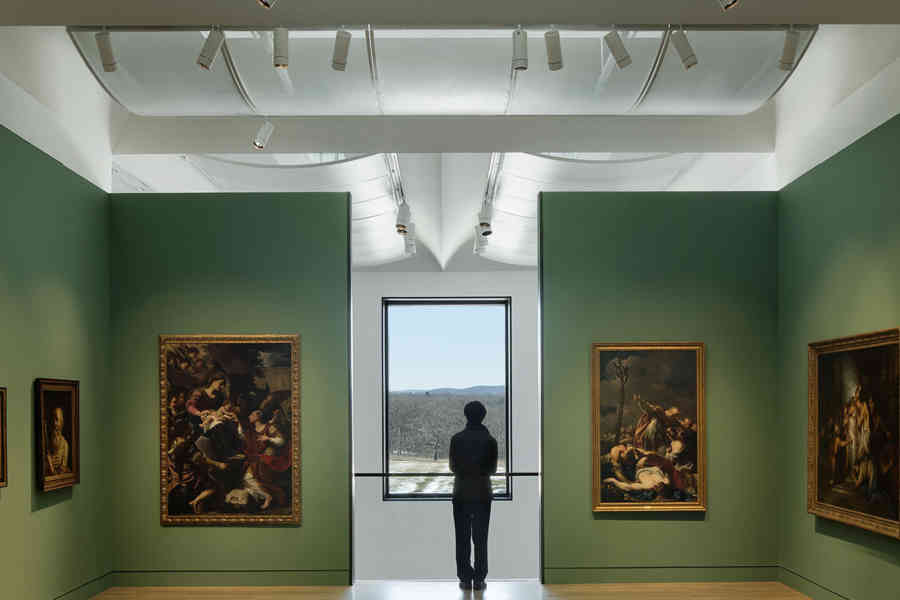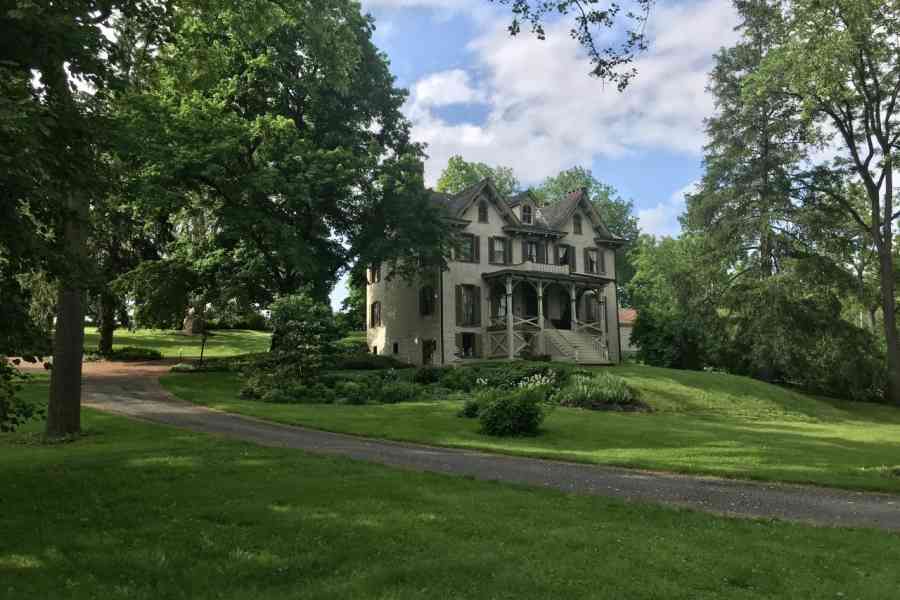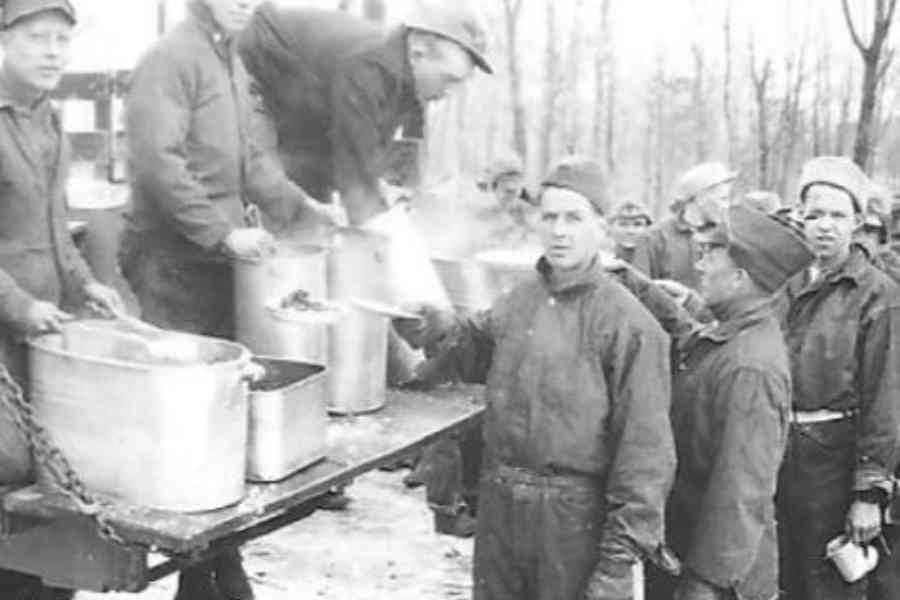Step Back In Time At These Five Museums In Happy Valley
Travelers can explore museums and historical sites in Happy Valley that showcase Happy Valley's rich history. The Delaware, Shawnee, Mingo, and Iroquois tribes made their life off the land by planting crops in the fertile valleys and hunting game among the ridges of the Appalachian Mountains. Explorers and settlers arrived in the mid-18th century, and industry would soon follow a couple of decades later with the discovery of iron ore.
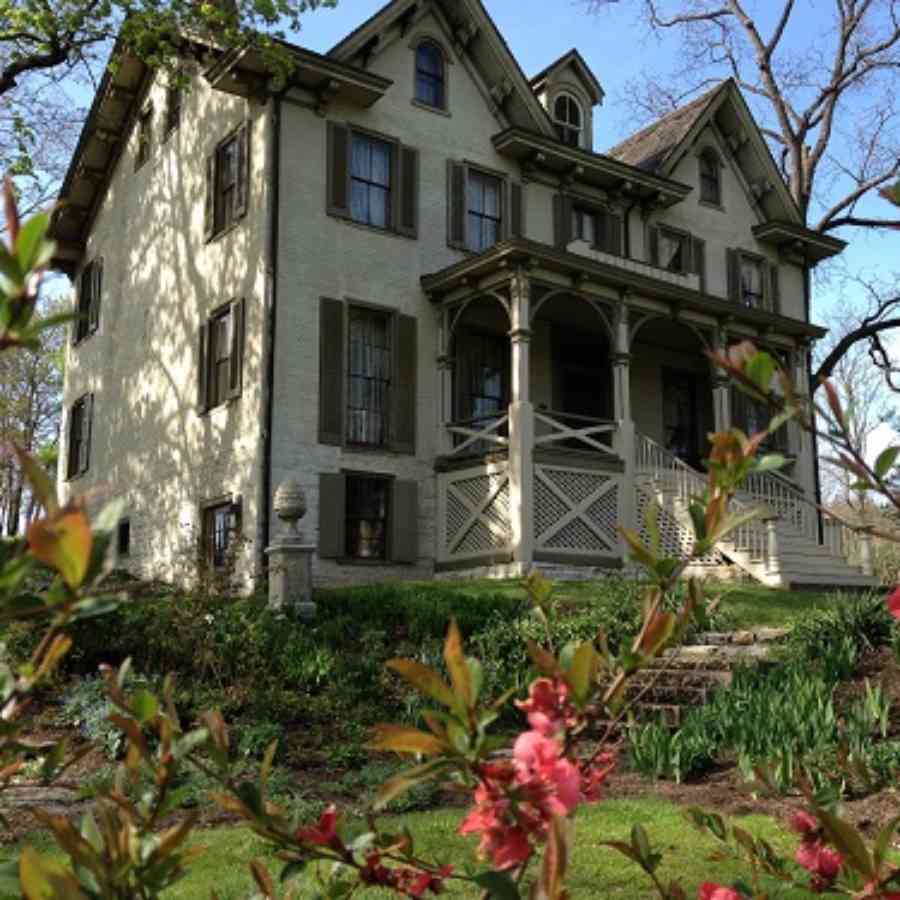
The towns of Centre County would grow around industry and agriculture and as the crossroads for the movement of goods and people, giving each their character, from Philipsburg’s lumber and coal roots to Bellefonte’s prosperous and powerful residents of the 19th century. The region’s agriculture roots run deep. Farmer’s High School opened its doors in 1855 to provide agriculture education and would evolve into the Land-Grant institution of Penn State.
Centre County’s historical organizations have worked hard to preserve the heritage, architecture, and relics of the area’s proud past.
Centre Furnace Mansion
1001 E College Ave, State College | centrehistory.org
Centre Furnace Mansion is preserved by the Centre County Historical Society and serves as the organization’s headquarters. It was furnished and restored to reflect the period when it was the residence of the Moses Thompson family, 1842-1891. Thompson was the ironmaster for Centre Furnace.
Tour hours for Centre Furnace Mansion are 1 to 4 p.m. on Sunday, Wednesday, and Friday. You can schedule your 1-hour tour in advance by calling 814-234-4779 or by going to centrehistory.org. Tours for groups can also be arranged outside of normal tour times.
Long before Thompson, the Centre Furnace Stack went into operation producing pig iron in 1792. It still stands to this day at the intersection of East College Avenue and Porter Road, near the mansion grounds.
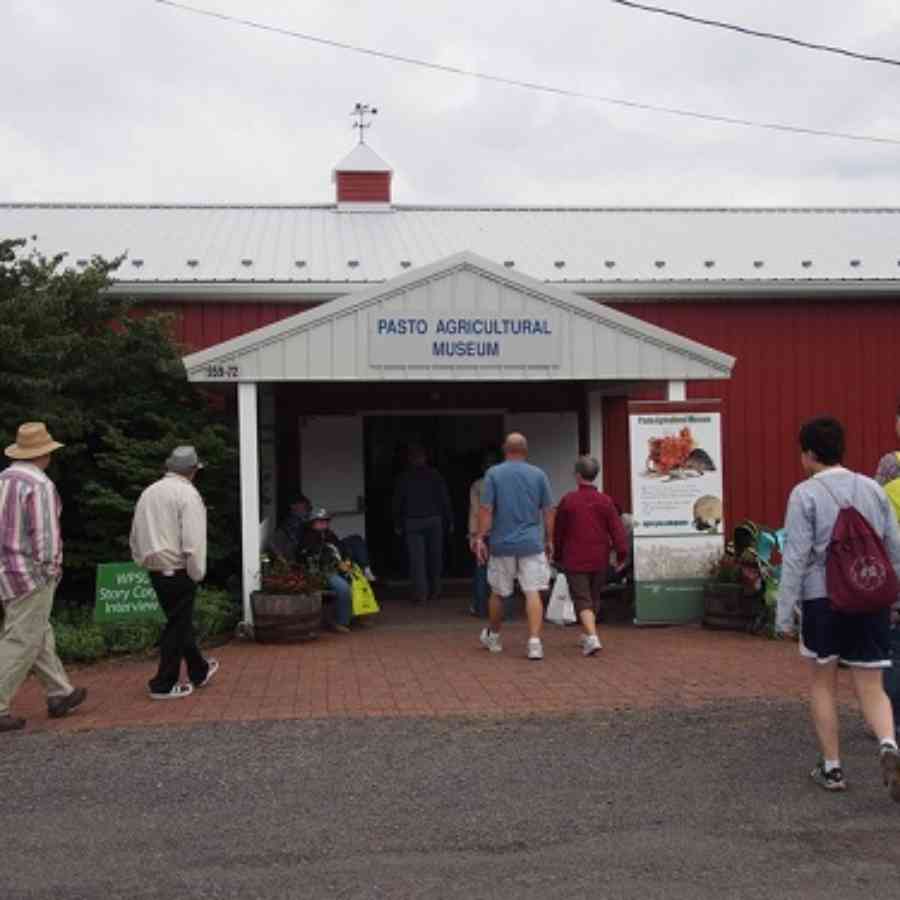
Pasto Agricultural Museum
2710 W Pine Grove Rd, PA Furnace, | agsci.psu.edu/pasto
The Pasto Agricultural Museum preserves the history of farming through displays of tools and technology of rural life before the advent of electricity and engines. Managed by Penn State, the collection contains artifacts dating from 4,000 BCE to 1940 CE.
The ways of life of the common rural person give visitors a sense of connection to past people through kitchen appliances and tools, textile making, housekeeping, butchering, plowing and tilling, logging, and more. Displays are rotating and not all artifacts are available to the public.
The museum is open March through December on Tuesdays and Thursdays from 10 a.m. to 2 p.m. or by appointment. Group tours of 10 or more people are available and can be scheduled by calling 814- 863-1383 or emailing pastoagmuseum@psu.edu.
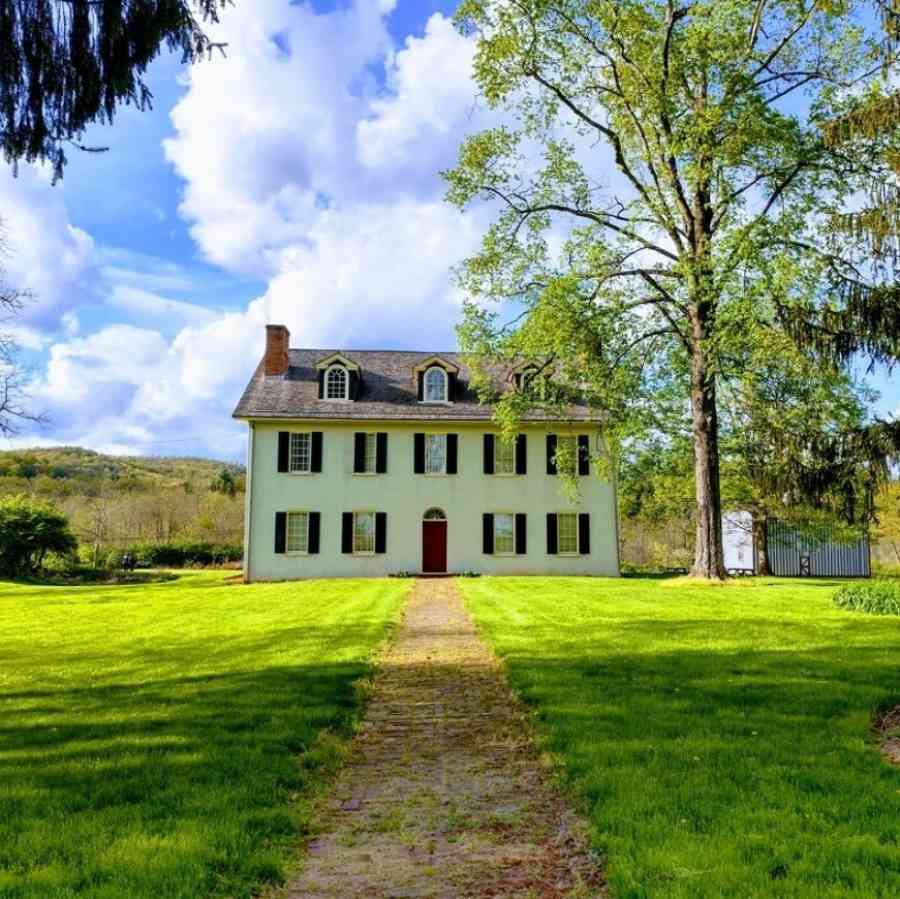
Eagle Iron Works & Curtin Village
251 Curtin Village Road, Howard | curtinvillage.com
The Eagle Iron Works were in operation for an impressive 112 years, when the average age of regional iron-making companies was 15 years, according to the Roland Curtin Foundation, which preserves and continues development of the site through research and education.
Located off State Route 150 in Howard, Curtin Village features a Federal-style mansion, blast furnace and ironmaking complex, workers’ village, and the personal carriage of Andrew Gregg Curtin, who was governor of Pennsylvania from 1861-1867. All are available for tours during the second and fourth Saturday from June through September starting at 2 p.m. Tours can also be arranged outside these times by contacting Curtin Village at 814-355-1982 or curtinvillage@gmail.com.
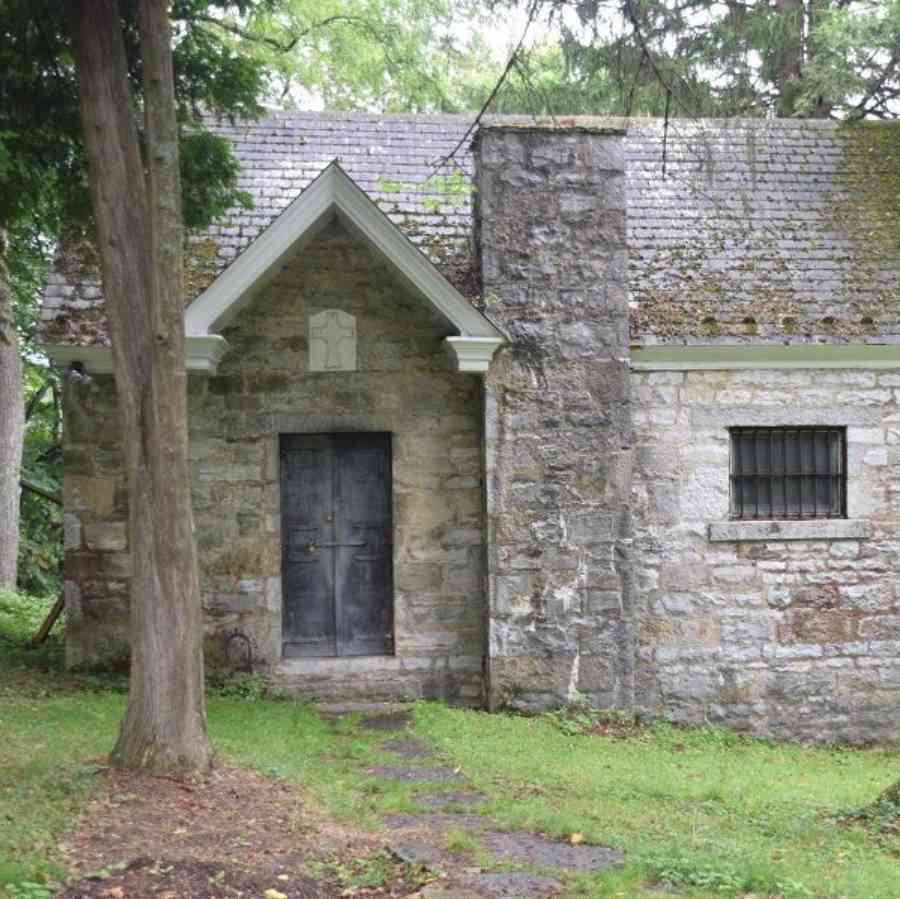
Columbus Chapel and Boal Mansion
163 Boal Estate Dr, Boalsburg | boalmuseum.com
The Boal estate is brimming with historical artifacts from the 200-year, eight-generation history of the Boal family. The mansion houses the original furnishings, papers, portraits, and other relics from the family’s history.
In the 1890s, Theodore Davis Boal married Mathilde de Lagarde, who inherited the Columbus Chapel and brought it to Boalsburg in 1909. This important Columbus collection came from the Columbus Castle in Spain and features an extraordinary collection of oil paintings, statues, clergy vestments, weapons, tools, and much more. The collection also includes some of Columbus’ original documents.
Drop-in tours are available every Wednesday through Sunday at 2 p.m. No reservation is necessary. Group tours can be arranged at boalmuseum.com.
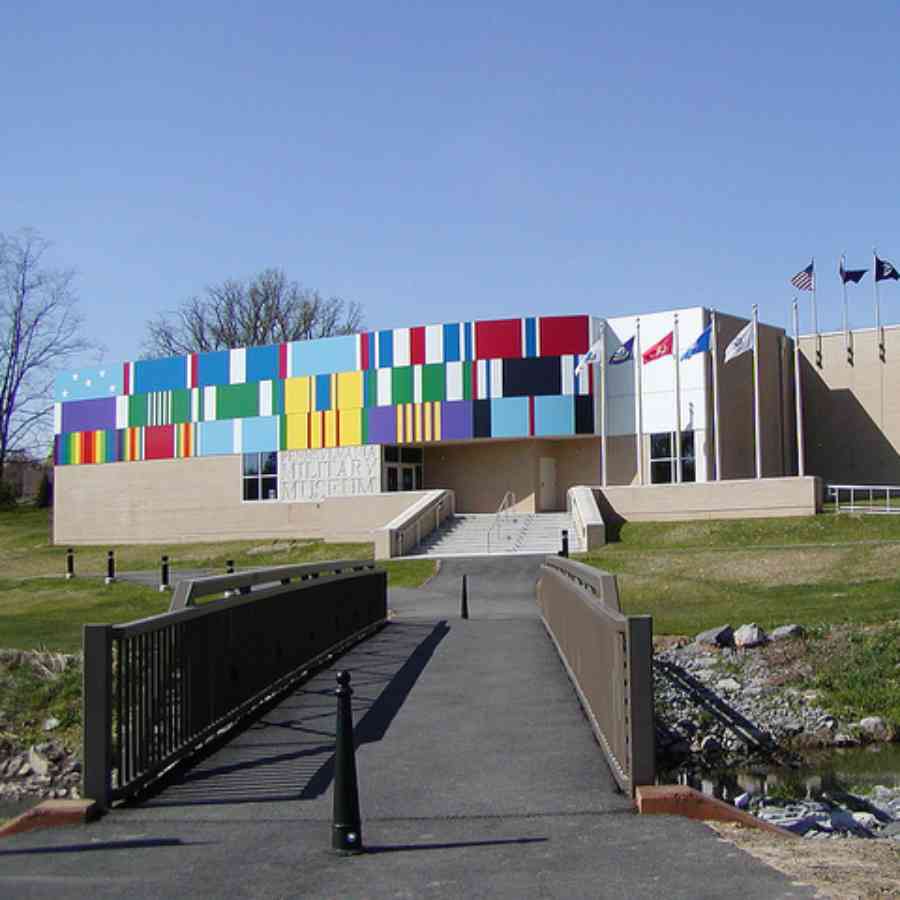
Pennsylvania Military Museum
51 Boal Ave, Boalsburg | pamilmuseum.org
The location for the Pennsylvania Military Museum was first a machine gun training ground during World War I and later the 28th Infantry Division National Shrine. The Pennsylvania Historical and Museum Commission took over the site in the 1950s and then constructed and opened the museum in 1969.
Today the grounds are adorned with standing displays, including the shrine, tanks, artillery pieces, and the guns from the battleship USS Pennsylvania. Inside the museum, permanent exhibitions include Trench Warfare, Sea Power, and Logistics.
Events are scheduled throughout the year and can be found at pamilmuseum.org. There is no fee to park and explore the grounds, but there are fees to tour the gallery and for various events.
